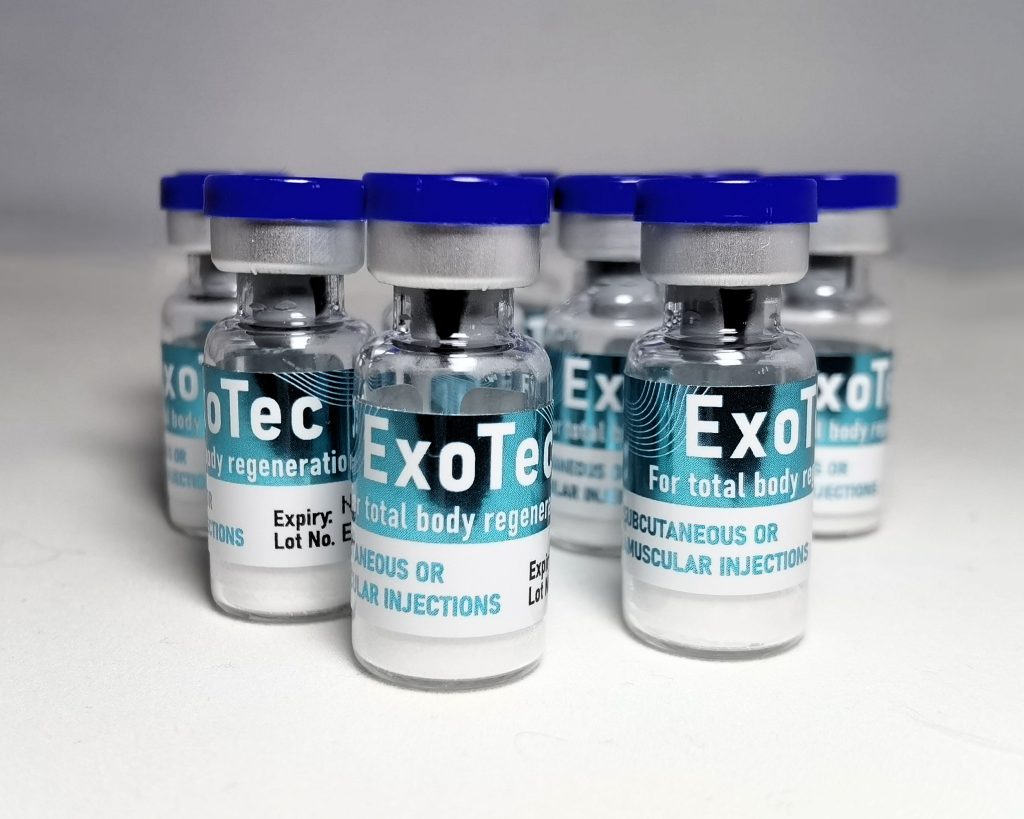Exosomes are small vesicles that are released from cells and play crucial roles in intercellular communication. Responsible for cell-to-cell communication by transporting proteins, lipids, and nucleic acids to the closest or distant cells. Exosomes are involved in various physiological and pathological processes, including immune response regulation, tissue regeneration, and cancer progression. Their ability to transfer biomolecules between cells makes them potential candidates for therapeutic applications in regenerative medicine, drug delivery, and diagnostics.
Immune Regulation
Exosomes modulate the immune response by influencing the activity of immune cells. They can carry signals that either activate or suppress immune responses, contributing to immune regulation and homeostasis.
Intercellular Communication:
Exosomes facilitate communiction between cells. They carry bioactive molecules, including proteins, lipids, and nucleic acids, which can be transferred from one cell to another. This communication allows cells to influence each other’s behaviour and function.
Stem cell Regulation
Exosomes derived from stem cells can regulate the activity of resident stem cells. They carry signals that influence the differentiation and function of stem cells, contributing to tissue regeneration and repair.
Angiogenesis:
Exosomes play a role in angiogenesis, the formation of new blood vessels. They can carry factors that stimulate the growth of blood vessels, which is essential for supplying nutrients and oxygen to tissues.
Transfer of Genetic Material
Exosomes carry various types of nucleic acids, including RNA and DNA. This genetic material can be transferred to recipient cells, influencing general expression and cellular functions.
“Exosomes play crucial roles in various physiological and
pathological processes, and their functions are diverse:”
Antigen Presentation:
Exosomes are involved in the presentation of antigens to immune cells. They carry major histocompatibility complex (MHC) molecules and antigens, facilitating the recognition of specific antigens by immune cells and contributing to immune surveillance.
Neurological Functions
Exosomes play roles in the nervous system, contributing to neuronal communication and function. They are involved in the transport of neurotransmitters, proteins, and genetic material between neurons and other cells in the nervous system.
Cellular Signaling
Exosomes deliver signalling molecules, including growth factors and cytokines, that can influence cellular processes such as proliferation, differentiation, and migration. This signalling contributes to tissue development, maintenance, and repair.
Waste Management:
Exosomes participate in the removal of unnecessary or
harmful cellular components. Cells release exosomes
containing unwanted proteins, lipids, or other materials,
serving as a mechanism for waste management.

